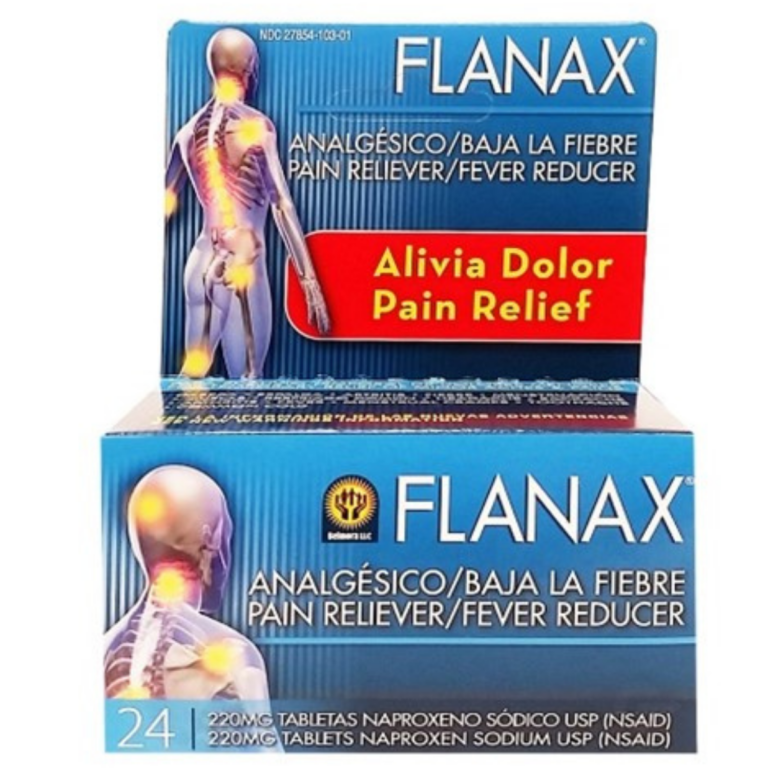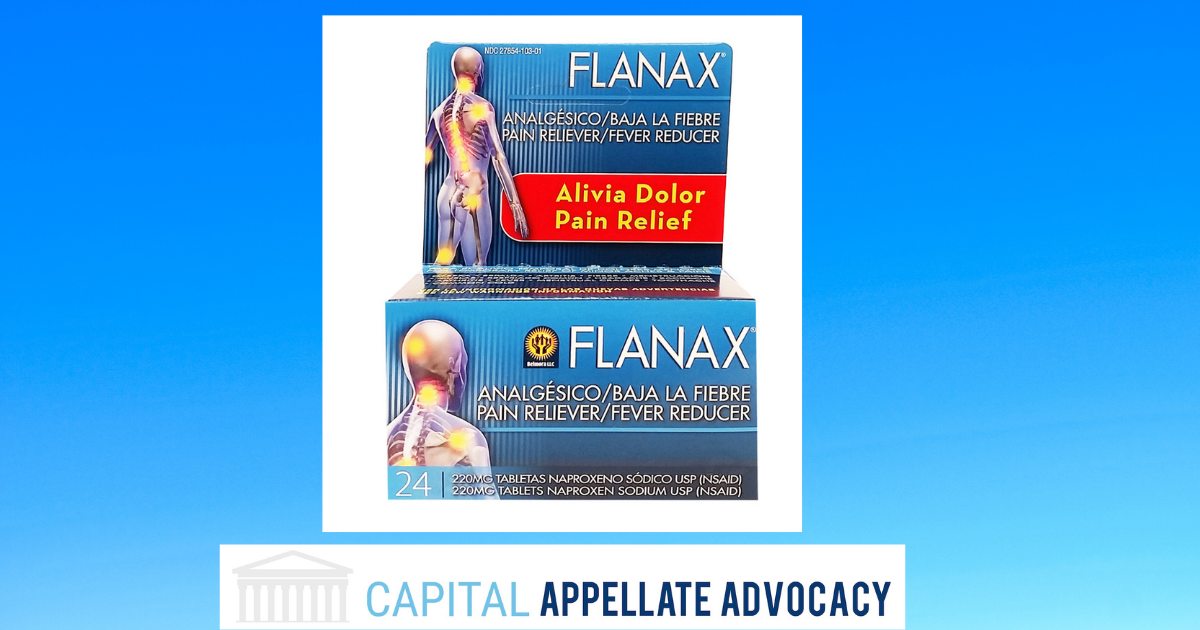On August 9, 2021 I filed on behalf of Belmora LLC a Petition For a Writ of Certiorari requesting the Supreme Court to finally resolve long-standing circuit splits of authority concerning two fundamental issues of U.S. trademark law:
- Can the foreign owner of a foreign trademark that has not registered or used the mark in the United States claim harm to that foreign mark as the pretext for pursuing Lanham Act trademark cancellation and unfair competition claims against an American business that has registered and uses the same trademark in the United States?
- Is the timeliness of a Lanham Act unfair competition claim governed by an analogous state statute of limitations or by laches?

Belmora LLC is a small, Virginia-based pharmaceutical company. It serves Hispanic-Americans by offering Belmora Pain Reliever Tablets – an FDA-approved, over-the-counter analgesic containing naproxen sodium – with unique bilingual (Spanish/English) packaging and labeling.
Since 2007, German “Big Pharma” company Bayer AG, through subsidiaries, has pursued Lanham Act claims against Belmora on the pretext that Bayer’s Mexican trademark for Flanax, and its sales of Flanax in Mexico, are harmed by Belmora’s U.S. Flanax trademark and sales of Belmora Flanax in the United States. Bayer sells Flanax in Mexico at a high strength not approved by the FDA for over-the-counter sale or use in the United States. Rather than using the Flanax name in the United States, Bayer sells FDA-approved, over-the-counter naproxen sodium products here under the brand-name Aleve, which competes against Belmora’s Flanax for Hispanic-American consumers.
The Lanham Act is the federal trademark statute. The Fourth Circuit’s expansive interpretation of the “zone of interests” encompassed by the Lanham Act essentially discards the well-established principle of trademark territoriality – – the principle that trademark protection does not extend beyond the borders of the nation in which a trademark is registered and/or used. Under the Fourth Circuit’s liberal construction of the Lanham Act, foreign and multinational companies can use their foreign trademarks for their foreign-branded products – – trademarks that they do not use in the United States — to suppress competition in the United States against their American-branded products.
See more information about the litigation here and Belmora’s press release about the certiorari petition here.

